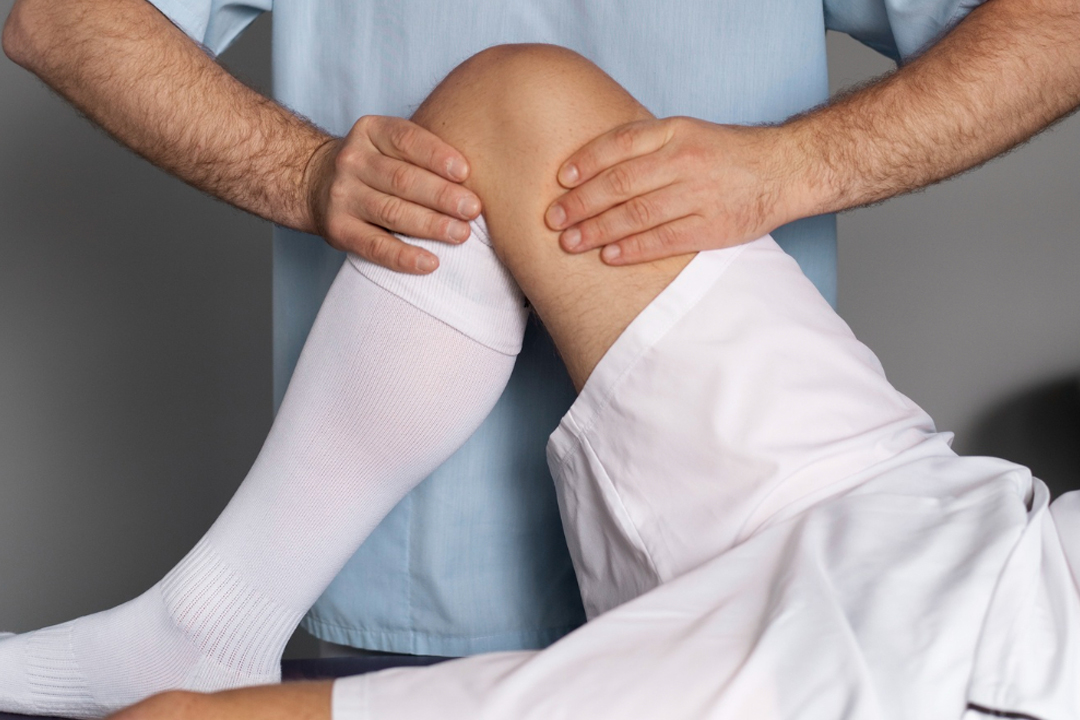 Dealing with joint pain and arthritis can be a challenging and debilitating experience. The constant discomfort and limitations in mobility can significantly impact one’s quality of life.
Dealing with joint pain and arthritis can be a challenging and debilitating experience. The constant discomfort and limitations in mobility can significantly impact one’s quality of life.
Despite this, there are effective ways to manage and alleviate the pain associated with these conditions. By making lifestyle adjustments and exploring various treatment options, individuals can find relief and improve their overall well-being.
In this article, we will delve into the world of pain management, focusing on joint pain and arthritis. We will discuss the importance of lifestyle adjustments and how they can positively impact pain levels.
We will also discuss different treatment options for individuals to address their pain effectively.
Lifestyle Adjustments for Pain Management
Living with chronic pain can be challenging, but some strategies can help individuals cope and improve their quality of life.
One effective pain management technique is physical therapy. These specialized exercises and movements can help strengthen the muscles around the affected joint, reduce stiffness, and improve flexibility.
Physical therapy can also help individuals regain functionality and minimize pain. It is important to consult with a professional who helps you with physical therapy which creates a personalized exercise plan tailored to your specific needs.
In addition to physical therapy, non-pharmacological approaches can be utilized for pain management. These techniques focus on holistic methods that do not involve medication.
Some examples include heat and cold therapy, where individuals use heating pads or ice packs to alleviate pain and reduce inflammation. Relaxation techniques like deep breathing, meditation, and yoga can also help reduce stress and promote relaxation, which can decrease pain levels.
Implementing these lifestyle adjustments in daily life can significantly improve pain management for individuals with joint pain and arthritis.
By incorporating physical therapy exercises and non-pharmacological pain management techniques, individuals can experience relief and improved functionality, allowing them to engage in daily activities more comfortably.
Treatment Options for Pain Management
If you are seeking relief from joint pain and arthritis, there are a variety of treatment options available to assist you in managing your pain. Let’s explore some of these options:
Pain Medication: Medications play a crucial role in pain management. Nonsteroidal anti-inflammatory drugs (NSAIDs), such as Ibuprofen and Naproxen, can help reduce inflammation and relieve pain. Your healthcare provider may also prescribe stronger medications, like opioids, for severe pain. It is important to follow your doctor’s instructions and take medications only as prescribed.
Pain Management Specialist: A pain management specialist is a healthcare professional who specializes in the diagnosis, treatment, and management of chronic pain conditions. These specialists have extensive knowledge and experience in various pain management techniques. They can devise treatment plans tailored to your unique condition and guide you in making appropriate lifestyle adjustments to alleviate pain and improve your quality of life.
Holistic Pain Management: Holistic approaches to pain management consider the whole person, taking into account physical, emotional, and mental well-being. These approaches focus on a combination of conventional and complementary therapies. Examples of holistic pain management techniques include acupuncture, chiropractic care, massage therapy, stress reduction techniques, and dietary modifications. Integrating these practices can help address pain from multiple angles and support overall health and well-being.
Incorporating these various treatment options into your pain management plan can provide you with a comprehensive approach to effectively control your joint pain and arthritis.
However, it is important to consult with a healthcare professional to determine the most suitable treatment options for your specific condition and to receive personalized guidance and recommendations.
Conclusion
Effectively managing joint pain and arthritis requires a comprehensive approach that combines lifestyle adjustments and treatment options. By implementing the strategies discussed in this article, individuals can proactively alleviate pain, improve functionality, and enhance their overall quality of life.
Lifestyle adjustments play a vital role in pain management. Physical therapy, for example, can help strengthen muscles, improve flexibility, and reduce joint stress.
Non-pharmacological approaches, such as heat therapy or low-impact exercise, can also provide significant relief. These adjustments empower individuals to regain control over their pain and live more comfortably.
Joint pain and arthritis patients should also explore treatment options suited to their specific needs. Pain medication, under the supervision of a healthcare professional, can effectively alleviate symptoms and improve mobility.
Collaborating with a pain management specialist or visiting a specialized pain management clinic can provide access to personalized care and advanced treatments. Embracing holistic approaches, and considering overall health and well-being, can also contribute to long-term pain management success.

